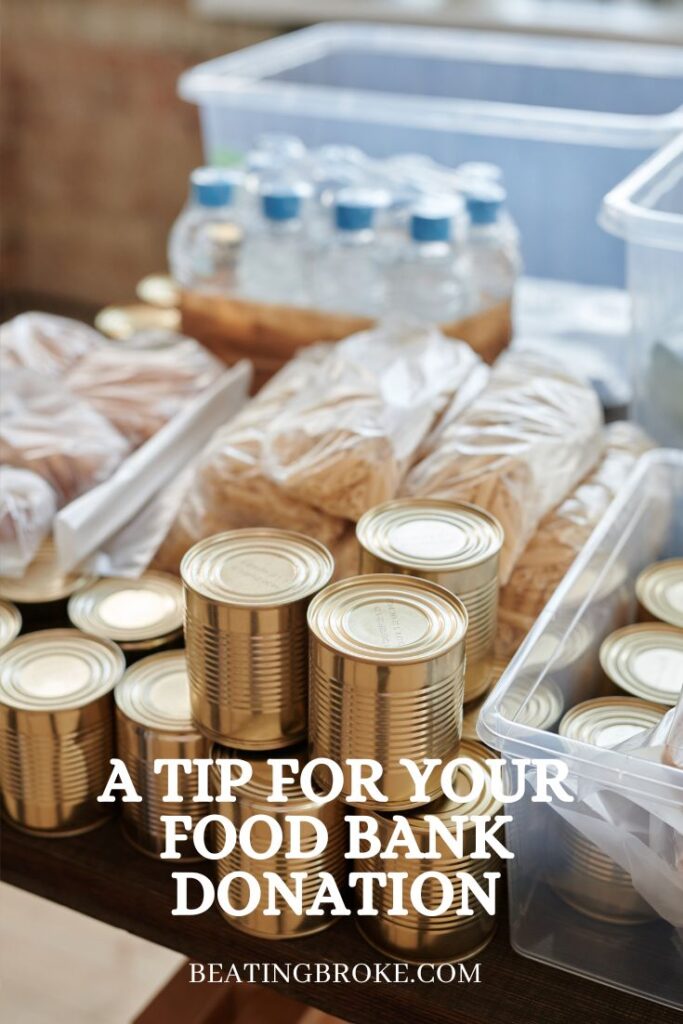No one likes to think about a workplace injury, but the truth is that it happens more often than you might think. Furthermore, workplace accidents can be expensive, both for the worker and the employer. Workers suffer from medical costs and lost wages, and businesses lose an average of $5,600 for every minute of downtime, per Gartner reports. Fortunately, there are steps you can take to protect your finances from a workplace injury. Here are some key ways to mitigate the financial risk of an accident.
1. Invest in Health Insurance
One of the best ways to protect your finances from workplace injury is to ensure that you have good health insurance coverage. Health insurance can help to cover some of the costs associated with a workplace injury, such as medical bills, rehabilitation, and other costs related to recovery. It’s a good idea to take the time to research different health insurance plans and find one that meets your needs and budget.
2. Consider Supplemental Insurance
While health insurance can help to cover some of the costs associated with injury, it may not always provide enough coverage. For this reason, it’s a good idea to consider investing in supplemental insurance. Supplemental insurance policies provide additional coverage for disability, critical illness, and other medical expenses.
3. Utilize Employer Benefits
Employers are required by law to provide workers’ comp and disability benefits to their employees, which can be incredibly helpful when dealing with the financial burden of an injury. During the initial five months of 2020, more than 1,300 requests were filed in Kansas alone for workers’ comp benefits, demonstrating how important these benefits can be for injured workers.
Furthermore, many employers also have other types of benefits, such as discounted healthcare services, that can help their employees protect their finances. It’s important to familiarize yourself with the details of your employer’s benefits program and take full advantage of them if and when you need to utilize them.
4. Seek Medical Attention Promptly
If you have been injured at work, it’s important to seek medical attention as soon as possible. According to the American Hospital Association, the United States boasted 6,210 healthcare facilities in 2017, providing plenty of options for anyone with an occupational injury to get the immediate medical attention they need.
Prompt medical treatment can help ensure that your injury heals properly and quickly and document the circumstances of your accident. Furthermore, seeking treatment right away can help to reduce the amount of time you spend away from work. This reduces the financial burden of workplace injury.
5. Contact a Workers’ Compensation Lawyer
A workplace injury often involves complicated legal issues. Even if you feel confident you are entitled to compensation from your employer, it’s best to retain an experienced lawyer specializing in workers’ comp claims. An attorney can assist you in filing the workers’ comp claim and help you navigate the legal system, ensuring that you’re properly compensated for your lost wages and medical bills.
6. Find Financial Support
If your injury results in long-term medical costs, consider seeking financial support from charitable groups or non-profit organizations. Various programs are available that provide financial assistance to those in need and are often tailored to specific medical needs. They can help you get through the tough time so that you can pick back up when you’re healed.
The possibility of a workplace injury isn’t something that anyone likes to think about, but the truth is that it is a potential reality. With these six tips, you can protect your finances from the financial burden of a workplace injury. Invest in good health insurance coverage, utilize employer benefits, consider financial support, and seek legal and medical help. This will help you ensure that any workplace injury does not put a financial strain on your life.


